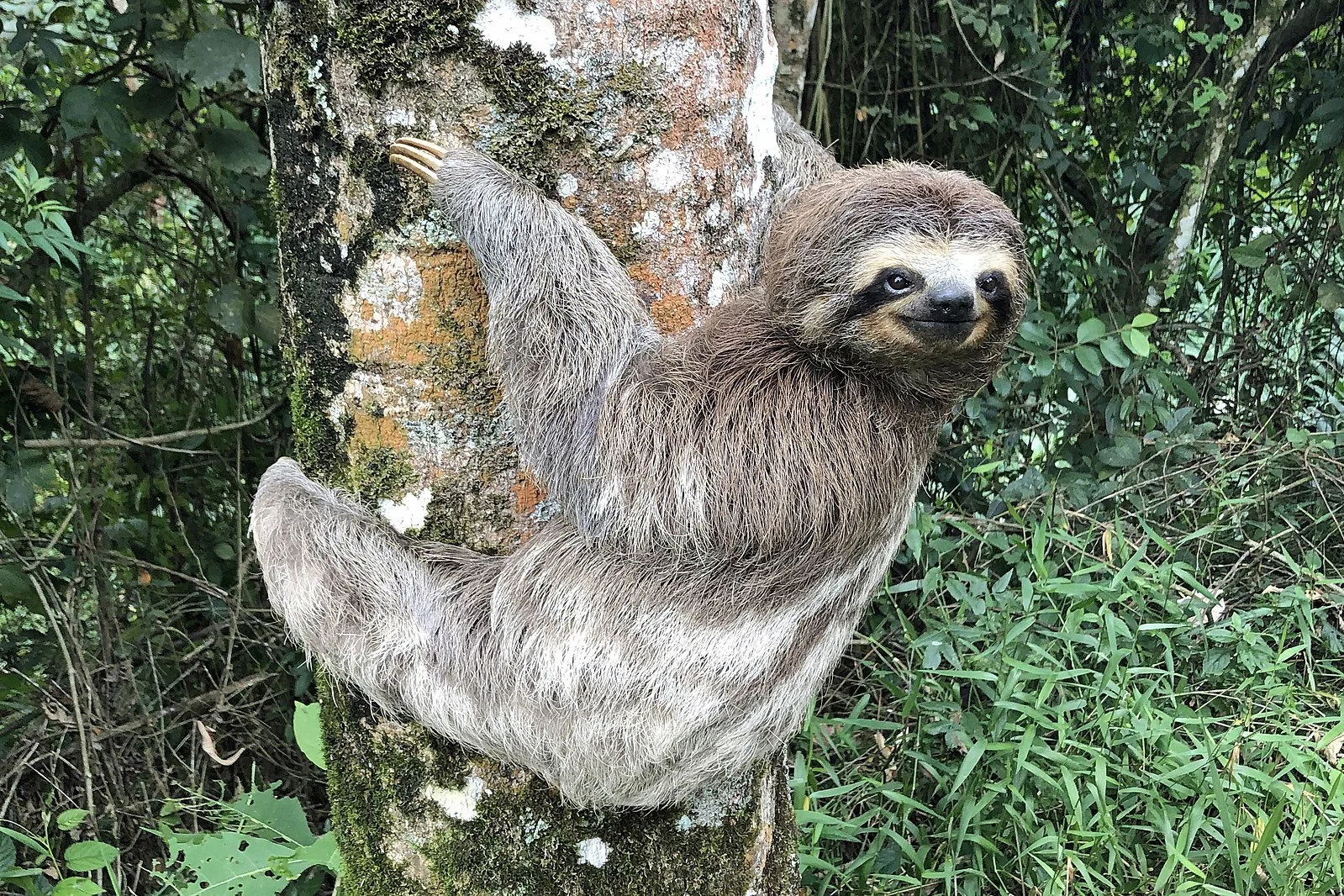Why do we scratch our heads when we think?
The short answer
We scratch our heads when we think because it’s a form of self-soothing, a way to non-verbally show confusion, and possibly a suppressed primal impulse to attack the question-asker when frustrated.
The long answer
Search for a stock photo of someone thinking, and you'll probably see them looking away or touching their face (or both):
I wonder what's on their minds...
Does scratching our heads make us think better? Not really. It's a behavior biologists call a "displacement activity" — when an animal faces conflicting choices and does something unrelated instead. For example, some birds will start to peck at the ground if they can't decide to fight or flee from a threat.
The reason why we scratch our heads when we think is a ... head-scratcher. While there isn't a definitive answer explaining this odd behavior, we do have some leading theories.
Note: In the glory and honor of goofy stock imagery, I'll be pairing each reason with one of my favorite finds. You're welcome.
Reason #1: Head-scratching is a form of self-soothing.
"Confused Businessman" by 2happy is licensed under CC0 1.0.
When faced with a challenging question, we experience stress. Fortunately, humans have a tried-and-true method of self-soothing: touching our face. Touching, scratching, and massaging our face can release oxytocin and serotonin, which help calm us down. The more difficult the thinking, the more we need a little self-care head rub.
Reason #2: Head-scratching is a non-verbal way to communicate stress.
"woman_question_mark_person_decision_thoughtful" is part of the public domain (really).
Scratching our heads also plays a vital role in non-verbal communication to let others know how we're feeling. A good old fashioned temple rub, chin scratch, or forehead touch lets folks around us know that we're in a state of confusion.
And it's not just humans who rely on this signal—a 2017 study found that monkeys also scratch their heads and bodies when stressed. They likely use this non-verbal communication to tell other monkeys to not harass them. Monkeys that scratched were significantly less likely to be attacked by strangers.
Reason #3: Head-scratching is a repression of a desire to attack.
"Teenage Boy Sitting in Front of Open Textbooks Looking Confused" by Kaboompics.com.
Another theory suggests that face-touching harks back to our caveman ancestors. When we experience anger or frustration, it's common to suddenly throw our hands up in the air, and some people think this automatic gesture stems from early humans' tendency to attack the person who caused our anger.
But we're more polite these days, so instead of attacking the person who asked us a tough question, we raise our arms to scratch our heads.
Curious about how the world works?
Today You Should Know is a free, weekly email newsletter designed to help you learn something new every Friday.
Subscribe today 👇
Check out some other curious questions:
Sources
Konstantinovsky, M. (2018, July 20). Why Do We Scratch Our Heads When We’re Thinking? HowStuffWorks. https://people.howstuffworks.com/why-do-scratch-heads-when-were-thinking.htm
Navarro, J. (2021, November 7). When, Where, Why, and How We Touch Our Faces. Psychology Today. https://www.psychologytoday.com/us/blog/spycatcher/202111/when-where-why-and-how-we-touch-our-faces
Villazon, L. (2023, July 12). Why do people scratch their heads when confused?. BBC Science Focus Magazine. https://www.sciencefocus.com/the-human-body/why-do-people-scratch-their-heads-when-confused
Whitehouse, J., Micheletta, J., & Waller, B. M. (2017). Stress behaviours buffer macaques from aggression. Scientific Reports, 7(1). https://doi.org/10.1038/s41598-017-10754-8








It’s like an American accent but with calendars.